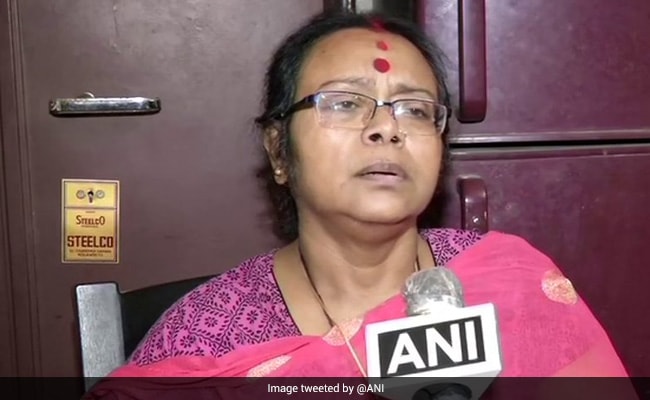Founded by Karate champ, device for women safety to be launched today
Karate medallist Aparna Rajawat believes that young girls and women should be taught self-defence and also be made aware of their legal rights. Founder of the Pink Belt Mission, Rajawat said if an incident occurs, cure in the form of immediate medical assistance is not readily available.
“The Pink Belt Mission aims to introduce the Pink Belt, a novel device, which in a tap will alert the nearest response centres and field teams to bridge the gap of delayed assistance in terms of emergencies,” she said. The prototype of the device will be launched on Monday on International Women’s Day.
Based out of Agra, the Pink Belt Mission is a project that aims to provide tools, techniques and knowledge to strengthen women, help them fight violence and respond to related challenges. With a team of 2,000 trainers, the project has helped over 1.5 lakh women across 12 states since its launch in 2016. In February 2020, the mission won the Guinness Book of World Records for organising the largest self-defence training class with 7,401 participants.
“People often talk about self-defence training and making women aware of their legal rights. When an incident happens, people talk about taking the accused to fast-track court or demand capital punishment. But nobody talks about the victim and what happens to her immediately after the incident,” said Rajawat.
She added that the mission has been working with rape survivors, acid-attack victims and victims of domestic violence. Delay in providing medical aid to the victim is the common feature in each of these cases.
Mansi Chandra, a who runs a shoe factory and associates herself with the Pink Belt Mission, said by the time victims get medical assistance, they either lose their crucial organs or become physically handicapped.
“In Uttar Pradesh, after talking to police and other concerned authorities, we came to know that if a victim eeds treatment, they take her to a medical college. But not every town or city has a medical college in their vicinity and in most cases, medical colleges are located around 200km away from small villages,” said Rajawat.
The Pink Belt device, which resembles a smart-watch, is a prototype of a pink-coloured wrist band or bracelet to be worn around the wrist by someone serving as a victim’s protector. The band will have a button along with an inbuilt SIM. The device will be linked to one’s GPS location without the need of any internet facility. The button, when pressed, will send an alert to the nearest police station.
“Although we live in the age of smartphones, in case of emergencies, there is no time for a girl to reach out for her phone. She needs something that she can just press within her reach and the nearest police station can be alerted for her safety,” said Chandra.
Rajawat said to have a centralised system of data, the Pink Belt Mission has proposed a petition to the masses to garner attention to a possible solution. She is hopeful that the petition is signed by at least 20 lakh individuals after which they will appeal to the Centre to take forward the idea across India.
Link to the petition – https://pinkbeltmission.org/pinkbeltpetition/


